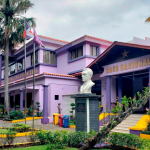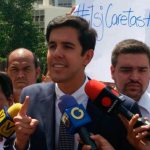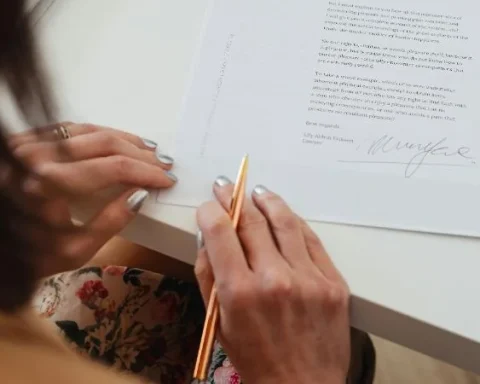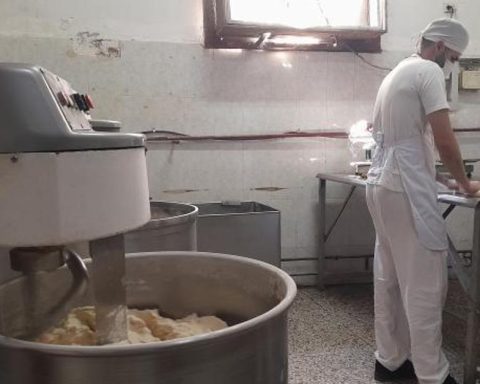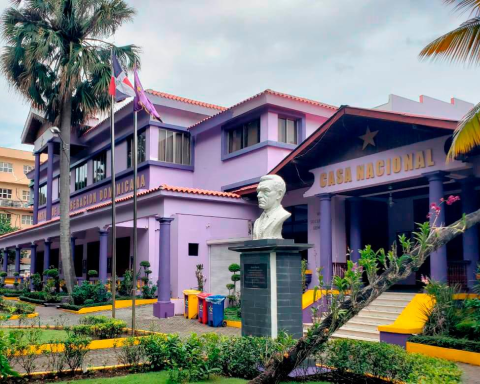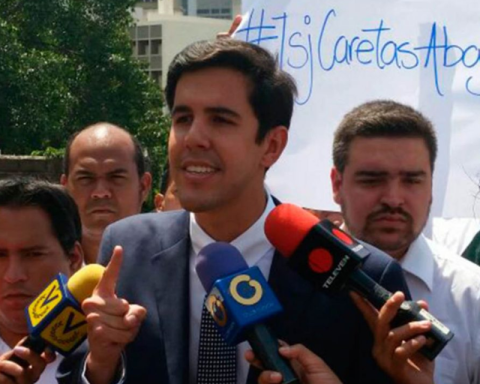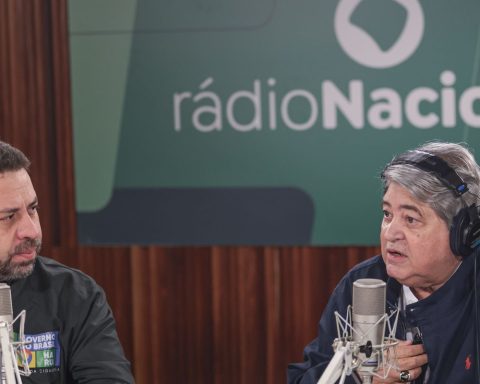
The Nicaraguan Police detained in recent weeks at least almost 60 opponents, including two journalists, for allegedly “undermining the national integrity of the country.” However, their release was hardly delayed by order of different judges who asked that they face their trials in “domiciliary prison”.
After these rulings, the opponents must appear to sign from Monday to Sunday in the corresponding institutions, something that according to human rights organizations supposes a “restructuring of the repression” of President Daniel Ortega against his critics.
“The new modality of these processes is irregular, in addition to violating due process and human rights,” he told the voice of america the lawyer Yonarqui Martínez, who has worked in the defense of several former political prisoners.
According to Martínez, in general, justice holds express hearings and then interposes an alternative precautionary measure to preventive detention; but another modality is not allowing the defendant to have a public defender or denying him the opportunity to have access to another alternative.
This process, on the other hand, directly affects the economy of the opponents and the integrity of their families, indicates the lawyer. “Imagine a person who is working, going to sign every day, 365 days a year,” she ponders.
The most recent case of this type occurred on Friday and involved journalist Hazel Zamora, who was detained for a few hours and charged by a local judge. Zamora was later released under the condition that she sign before the corresponding authorities.
Previously, the same pattern occurred with journalist William Aragón, former correspondent for the newspaper La Prensa, who mentioned that he also had to appear in court to sign from Monday to Sunday.
Lawyer Martínez indicates that the measure generally occurs when the judicial process is in progress, but if the process were delayed for a year, that person would have to be signing in that period, “if not, they revoke the measure and they will be detained.”
“Clearly it has been seen that what they seek is to scare the population, put an end to all forms of protest and thought because the majority of the people who were prosecuted are people who at some point identified themselves as opponents and who already had time not to be in any kind of activities”, says the lawyer.
The authorities of the Judiciary have not referred through the official media about this change in the modality of the trials of opponents.
In the opinion of lawyer Gonzalo Carrión, from the Nicaragua Nunca Más Collective, the silence could be because the government’s purpose is for the 57 defendants to choose self-exile.
“In this way, repression is guaranteed, that the people are frightened, with well-founded fear; that he find a way to leave the country, knowing that he is accused, that he is facing the real, imminent possibility of a new imprisonment, ”the lawyer stressed to the VOA.
In this sense, Ortega himself recently offered to send the United States more political prisoners, as it did at the beginning of February with 222 opponentswhich were embraced by Washington by the administration of President Joe Biden.
“We had more than 200 prisoners, who they called political prisoners, who were nothing more than terrorists (…) and now they are inventing that there are more political prisoners, I tell those governments together with the United States that they send us the list that there we are going to send them to you”, stated in mid-April President Ortega.
The Washington’s response It was not long in coming, upon consultation with VOA, a State Department spokesman was emphatic: “These prisoners must be released without conditions; the Ortega-Murillo regime has no right to expel them or strip them of their nationality.”
The organization Union of Political Prisoners and Prisoners has documented the arrest of more than 60 opponents in different prisons in the country. While 57 face trials in house arrest.
Connect with the Voice of America! Subscribe to our channel Youtube and activate notifications, or follow us on social networks: Facebook, Twitter and Instagram.








